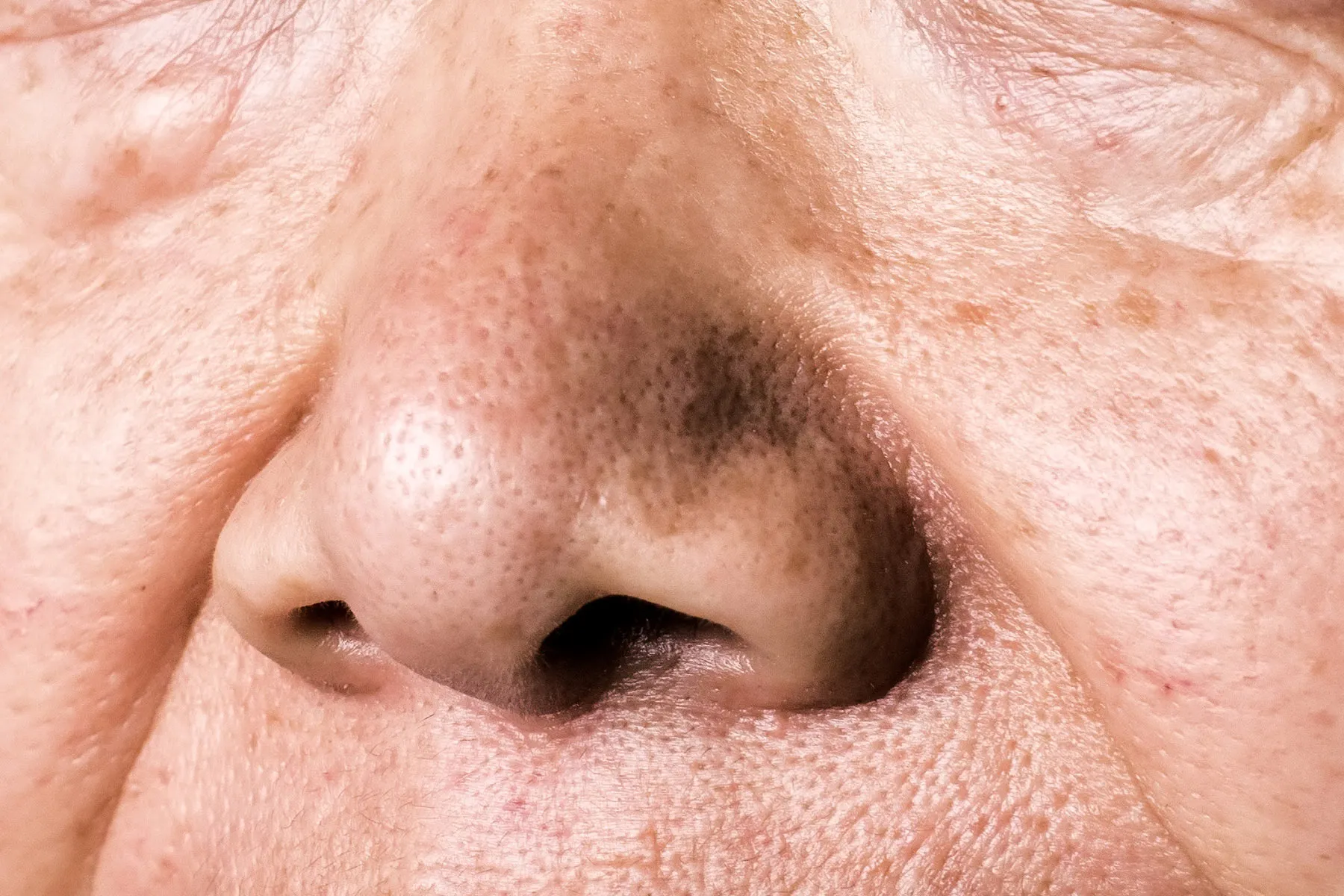
By Cara Murez
HealthDay Reporter
WEDNESDAY, June 7, 2023 (HealthDay News) — One of the signature symptoms of COVID-19 infection in the early months of the pandemic was a loss of the sense of smell.
Now, new research finds that is no longer the case, thanks to the new variants that have been circulating more recently.
The risk of losing sense of taste or smell is now only about 6% to 7% of what it was during the pandemic’s early stages, according to researchers at Virginia Commonwealth University (VCU) School of Medicine in Richmond, Va.
“At the beginning of the pandemic, smell and taste loss were considered common symptoms of COVID-19. Before viral tests were readily accessible, we relied a lot more on such symptoms to diagnose those infected. However, as different variants of the COVID-19 virus have emerged, the types of symptoms most commonly experienced changed as well,” said study author Dr. Evan Reiter, who is the medical director of VCU Health’s Smell and Taste Disorders Center.
For the study, the researchers used a national database of more than 7 million patients who tested positive for COVID-19, calculating the prevalence of smell and taste loss as a symptom of the virus during peak periods of infection for each variant wave.
The team found that the risks of smell loss from a COVID-19 infection for Alpha and Delta, both pervasive variants in 2021, were only 74% and 64% of what was observed in the early stages of the pandemic.
They saw even steeper declines in loss of smell in 2022 and early 2023, as Omicron variants dominated. The risk of smell loss from infection was as low as 6% compared with 2020 rates.
“This data shows that smell and taste loss is no longer a reliable indicator of COVID‐19 infection,” Reiter said. “This means that you can’t rule out COVID-19 if you are feeling sick but haven’t lost your sense of smell. This also means that if you have lost your sense of smell, it’s not a guarantee that it’s from a COVID-19 infection.”
The findings were published recently in the journal Otolaryngology — Head and Neck Surgery.
Researchers don’t know why fewer people are now losing their sense of smell with infection, but higher immunity to the virus could be a factor.
“We don’t have the data on what’s causing this decline in smell loss as a symptom of COVID-19, but I would speculate that this might be related to our increased immunity to the virus, either through vaccines or having an earlier infection, as this typically helps reduce the severity of future infections,” Reiter said in a university news release.
“While the risk of smell loss is far less prevalent than the initial waves of COVID-19, we are still seeing patients who have either completely lost or have a distorted sense of smell, which can take a significant toll on their quality of life. There are a fair number of patients who have trouble maintaining a healthy diet because there are so many foods that are displeasing to them,” Reiter explained. “Luckily, there is a lot of work being done in hopes of finding an effective treatment for those affected by this condition.”
Funding for the study was provided by the MEDARVA Foundation. A team that provided data for the study was partially funded by the U.S. National Institutes of Health’s Clinical and Translational Science Award.
More information
The U.S. Centers for Disease Control and Prevention has more on COVID-19 symptoms.
SOURCE: Virginia Commonwealth University, news release, June 5, 2023
24World Media does not take any responsibility of the information you see on this page. The content this page contains is from independent third-party content provider. If you have any concerns regarding the content, please free to write us here: contact@24worldmedia.com